The importance of agri-food systems for global sustainability calls for researching and advancing socio-technical transitions towards environmentally friendly models of farming. These transitions hinge on many prerequisites, one of which is providing access to land for farmers and new entrants who experiment with sustainable farming models. However, for socio-technical transitions in farming to be viable, access to land should be complemented with securing access to “intangible” resources such as skills, knowledge or networks. It seems that increasingly often these resources are being provided by various grassroots initiatives. The goal of this paper is to identify how the strategies employed by grassroots initiatives support farmers and new entrants in transitioning to sustainable farming models. In order to answer that question, we perform case studies of three Polish initiatives—Agro-Perma-Lab, PermaKultura.Edu.PL and the Ecological Folk High School in Grzybów—active in promoting agroecology, permaculture and organic farming. The results show a diversity of strategies employed by these initiatives that reflect the frameworks in which they operate. Considering these strategies from the perspective of transition studies suggests that they can be replicated in other contexts and potentially contribute to advancing socio-technical transitions of agri-food systems.
Continue reading

Beyond Supporting Access to Land in Socio-Technical Transitions. How Polish Grassroots Initiatives Help Farmers and New Entrants in Transitioning to Sustainable Models of Agriculture


